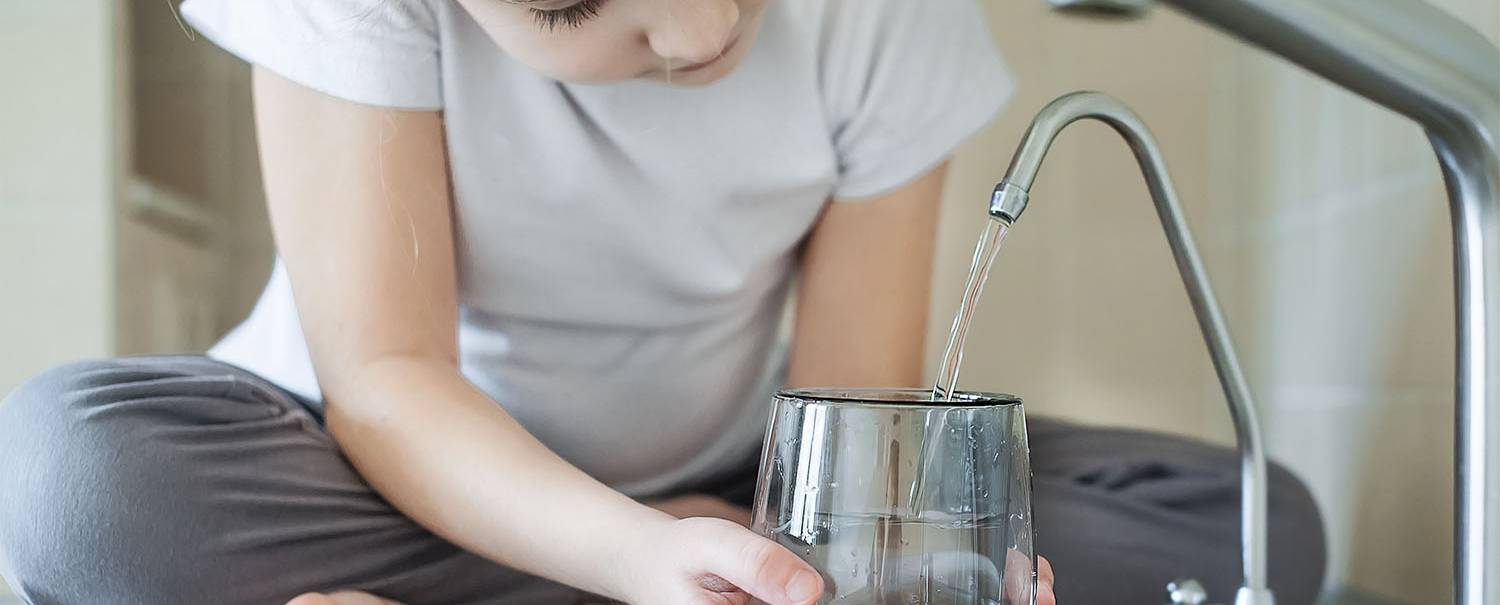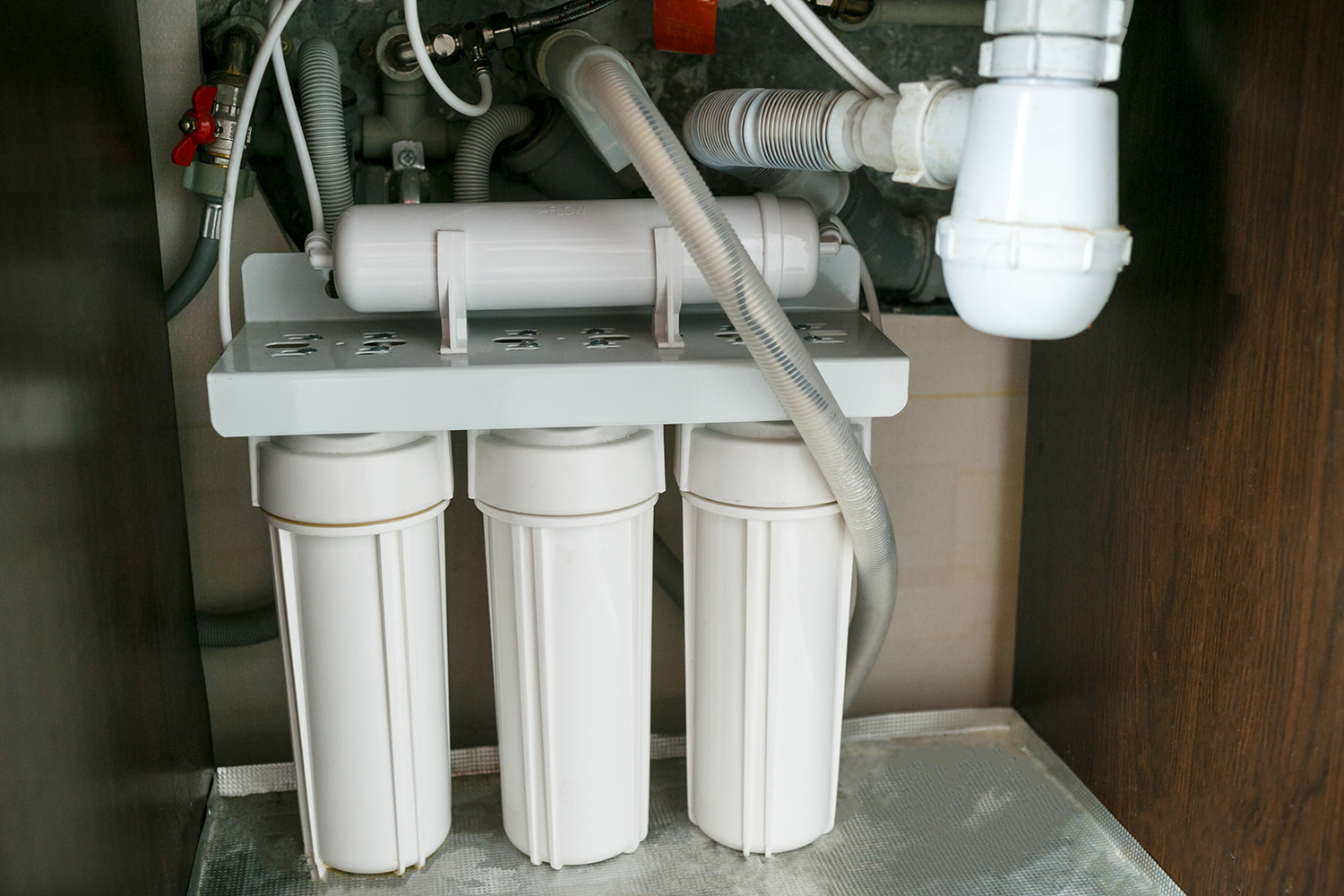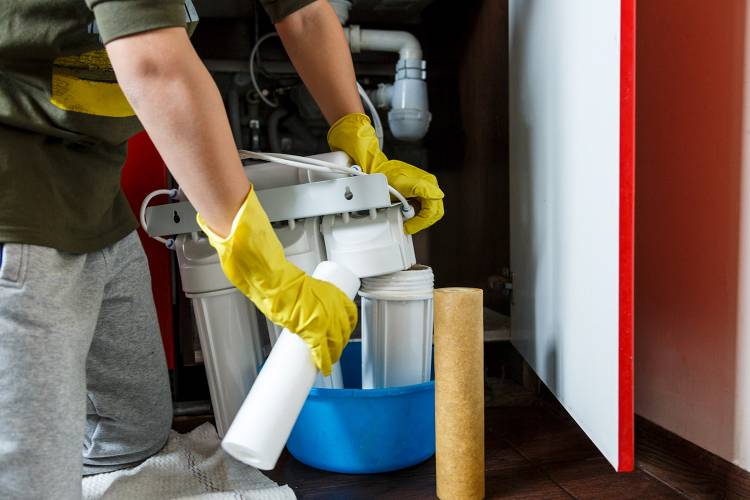Reverse osmosis water: What is it?
Reverse osmosis water is water that is free of substances such as chlorine, fluorine, calcium, magnesium etc. Do you know the benefits of drinking reverse osmosis water?
TRIED AND TESTED
Share

Not all areas of Spain have good water quality in their homes. Hard or overly mineralised water can be optimised with the various different water treatment systems that exist.
Reverse osmosis water is almost distilled water, with hardly any minerals in its composition, which has been treated through reverse osmosis.
Reverse osmosis of water: How does it work?
Not all waters have the same composition. Some have more mineral salts or may carry greater or fewer additions owing to their purification process.
What reverse osmosis systems do is apply a series of filters to eliminate any substance that the water may present. Reverse osmosis equipment for domestic use has a permeable osmosis membrane, made up of a series of filters capable of trapping any tiny solid particle that may be in the tap water that we are going to drink, including those mineral salts that, sometimes, are actually really beneficial for the body.
Typically, reverse osmosis systems are installed under the sink or in a nearby cupboard.

Benefits of RO water
- Since the water is very low in mineral content, it is beneficial for people with problems of fluid retention. We must bear in mind that distilled water - that is to say, water that has no mineralisation - is not suitable for human consumption.
- It is a good option in some places where the tap water has a very high mineral content or excessive impurities, including traces of heavy metals such as mercury, or products such as chlorine used in its purification. This is the case in some Spanish areas that have very hard water, with a high percentage of lime and minerals in the water. It should be remembered that reverse osmosis water must be consumed as soon as possible, since it is a type of water that has no added chlorine and so, if stored, is an ideal environment for the growth of microorganisms.
- As it is highly filtered, it is a water that is both flavourless and odourless.
-From a health point of view, it cannot be said to be any better or worse than bottled or tap water. - It can help to avoid the problems that lime in water can cause the skin, especially for those with atopic dermatitis. Although hard water does not cause dermatitis, it can worsen it or even start an outbreak.







